I'm beginning with c++ and I don't understand how to solve this issue :
#include <iostream>
#include <string>
#include <ctime>
#include <cstdlib>
using namespace std;
int main(int argc, const char * argv[]) {
//std::cout << "Hello, World!\n";
string str ("Teststring");
cout << str.end() << endl;//HERE
Thanks
